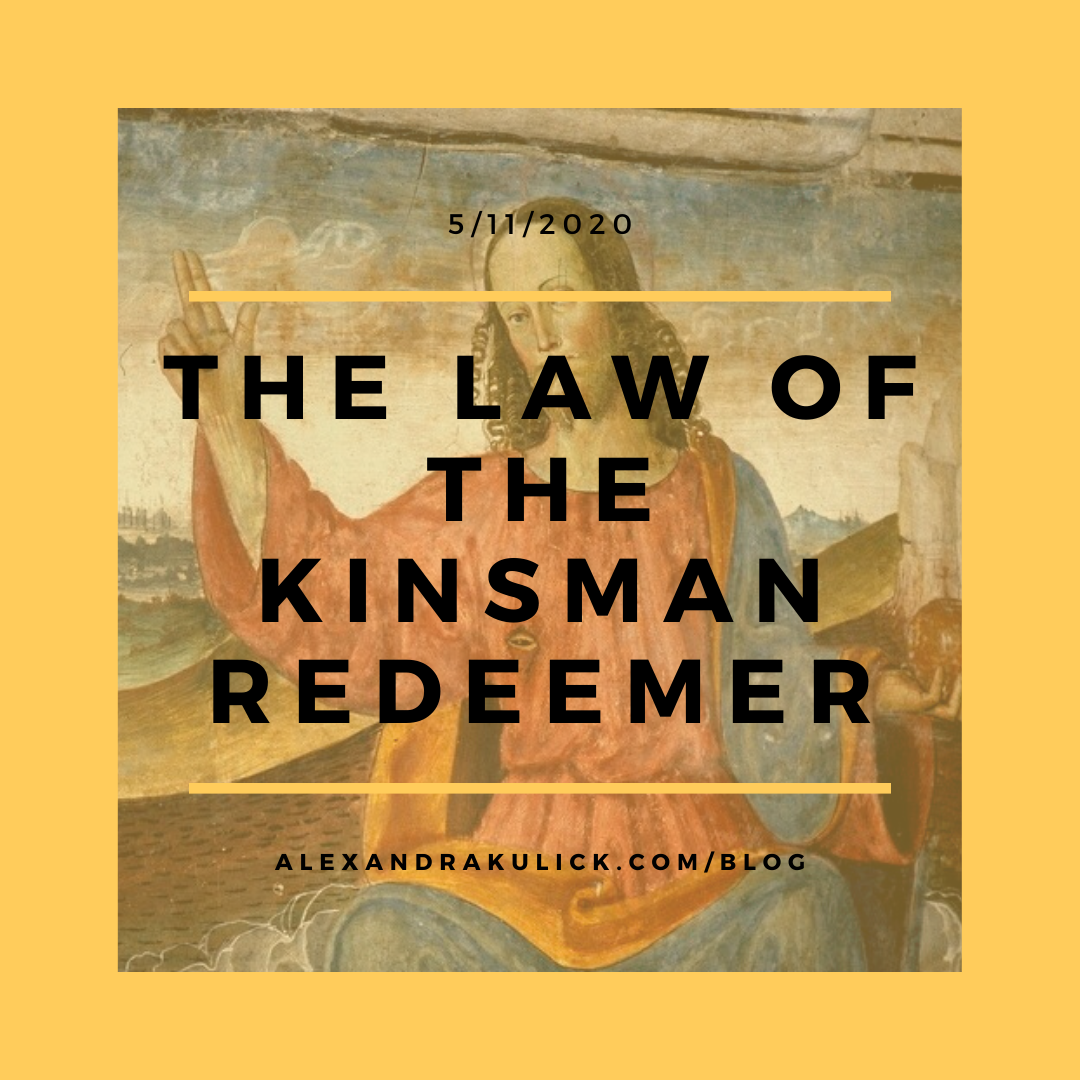 The book of Deuteronomy finds the Israelite’s, a group of former Egyptian slaves, becoming a nation that God had prophesied hundreds of years before and placed in the barren womb of Sarah. The transition from slaves to children of the living God would take thousands of years and start with laws written on stone and end with laws written on the heart. To reach their destiny, God put forth laws to govern His chosen people, instructing, “You shall walk in all the way that the Lord your God has commanded you, that you may live, and that it may go well with you, and that you may live long in the land that you shall possess.” (Deut. 5:33). Obedience to God’s law produces life, prosperity, and protection of property. The most prominent laws God laid forth are known as the Ten Commandments. Known by heart by many, these commandments are proudly displayed outside many judicial buildings in America. Though many would like to see these public displays removed and often succeed (Getto, 2015), the laws are deeply ingrained in modern society. If a person commits murder, they can face the death penalty in exchange, thus enacting laws laid forth by God. Committing adultery is grounds for an uncontested divorce in American society, a milder consequence than death by stoning in the Old Testament (Lev. 20:10). Deuteronomy also presents laws that would look very strange in our society, yet address societal issues that are still present in modern society. One example occurs in Deuteronomy 25:5, which instructs, “If brothers are living together and one of them dies without a son, his widow must not marry outside the family. Her husband’s brother shall take her and marry her and fulfill the duty of a brother-in-law to her.” In 2020, if one instructed a newly widowed woman she was now to marry her husband’s brother, there would be sheer outrage, especially if the brother is already married. Yet, this principle is played out in the book of Ruth, even directly influencing the earthly lineage of Jesus protecting the most vulnerable members of society. The law of the kinsman redeemer was set up to protect some of the most vulnerable people in their society. One commentator writes, “This was God’s welfare system embodied within the family.”(Ken, 2018). The law can be broken down into three components: if a relative was murdered, the kinsman redeemer would be the avenger of blood and catch the murder (Num. 35:6-34). If people or possessions were lost to poverty, the kinsman redeemer would be responsible for paying the debt and buying it back (Barrs, 2009). Lastly, as seen in Deuteronomy 25:5 and the Book of Ruth, a kinsman redeemer would purchase land belonging to the widow, marry the widow and have a child with her. This was driven by the need to protect the widow’s property and redeem the estate and lineage of the deceased man and his family. In modern society, the “avenger of blood” has been replaced by a judiciary system that prosecutes murder and wrongdoing. Private ownership of land helps provide the incentive to maintain a property for one’s family (Gwartney, Stroup, Lee, Ferrarini & Calhoun, 2016), even after an untimely death. Life insurance payouts can help a widowed person pay for and retain their property but that requires planning that is not always conducted or maybe too little. Many widowed spouses face emotional and financial hardships that the law of the kinsman redeemer might otherwise protect. God supremely designed laws to instruct his people and allow them to follow Him on the path to prosperity, but laws can only help to a certain extent. The Apostle Paul explains, “The law of Moses was unable to save us because of the weakness of our sinful nature. So God did what the law could not do. He sent his own Son in a body like the bodies we sinners have…” (Rom. 8:3 NLT). Jesus bore the penalty for sin to bring a level of redemption which far surpasses that of a kinsman redeemer. Like the threefold role of the kinsman redeemer, Jesus’s blood cleanses any sin the accuser would try to prosecute, His sacrifice pays the price for the redemption, and His promise of eternal life is an assurance far greater than the security of property could grant. Through Christ, the righteous requirements of God’s laws can be truly perfected within us (Rom. 8:4). References Barrs, Jerram. (2009). Through His Eyes : God’s perspective on women in the Bible. Wheaton, Ill.: Crossway Books. Getto, Erica. (2015, July 8). 8 times that a 10 Commandments monument had its day in court. MSNBC. http://www.msnbc.com/msnbc/8-times-10-commandments-monument-had-its- day-court Gwartney, J. D., Stroup, R. L., Lee, D. R., Ferrarini, T. H., & Calhoun, J. P. (2016). Common Sense Economics: what everyone should know about wealth and prosperity. New York: . Martins Press. Ken. (2018, March 21). THE LAW OF THE KINSMAN-REDEEMER - A Lamp unto My Feet. Retrieved January 31, 2020, from A Lamp unto My Feet website: https://pueblovision.org/english/the-law-of-the-kinsman-redeemer/
1 Comment
9/5/2023 08:37:17 am
This was driven by the need to protect the widow’s property and redeem the estate and lineage of the deceased man and his family. Thank you for making this such an awesome post!
Reply
Leave a Reply. |
Alexandrais a writer & tired homeschooling mom of five. Categories
All
Archives
November 2022
|


 RSS Feed
RSS Feed
